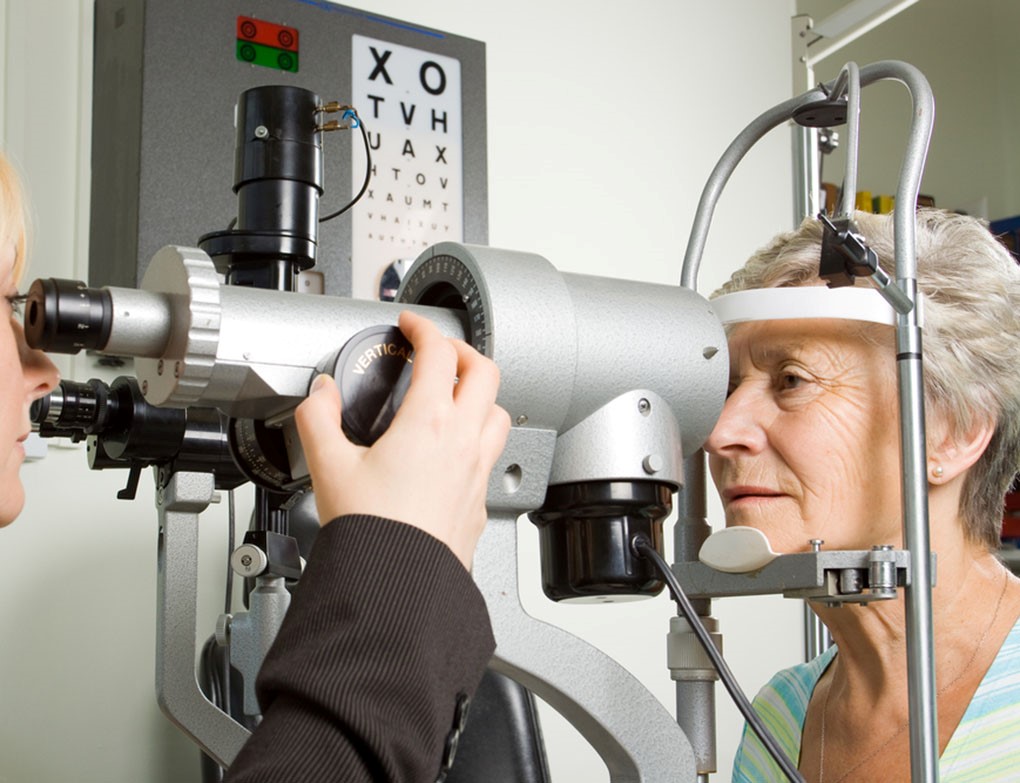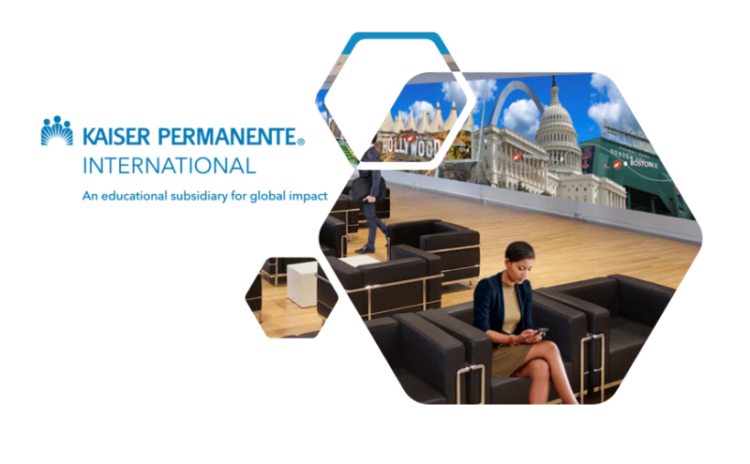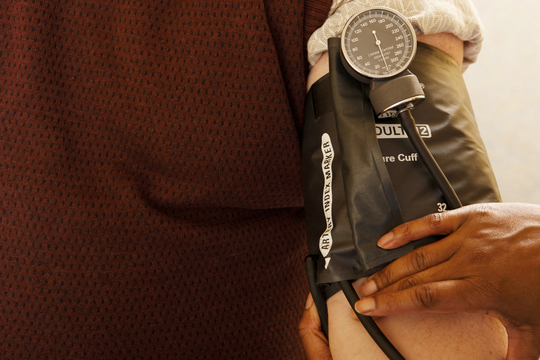As you age, it’s not unusual to experience changes in vision, most often beginning around age 40, when it becomes more difficult to focus on objects up close. Known as presbyopia (or “old eye” in Greek) this condition is a normal part of aging. If you’ve never needed glasses before, you will probably need to make a trip to the drugstore for an inexpensive pair of readers – eyeglasses that increase magnification starting at +1.00 and progressing upward in increments of +.25.
While presbyopia is easy to correct, it can also serve as a reminder to start having regular appointments to have your eyes checked, since you are at higher risk of developing age-related eye diseases and conditions as you get older. The National Eye Institute recommends that everyone have a comprehensive dilated eye exam with an eye care professional by age 50, even if you are not experiencing any vision problems. (People with high blood pressure should have a baseline exam at age 40 and those with diabetes should have an annual eye screening.)
Many age-related eye conditions have no early warning signs or symptoms, so it’s important to identify and address them in the early stages – before you experience long-term vision loss. To find out more about conditions your optometrist and or ophthalmologist will check for, click here.
For other resources on aging:
Cataract Treatments: What You Need to Know
Getting Older and Hearing Loss: What Aging Adults Need to Know
Tips for Staying Healthy and Active as You Age
How to Maintain a Healthy Sex Life as You Age
About the Center for Total Health
The Center for Total Health is dedicated to sharing, developing, and accelerating ideas that improve total health around the world. The Center is open to the public Monday through Friday from 9am – 5pm, with guided tours available by appointment. You can schedule a tour of the Center for Total Health by completing the request form.




